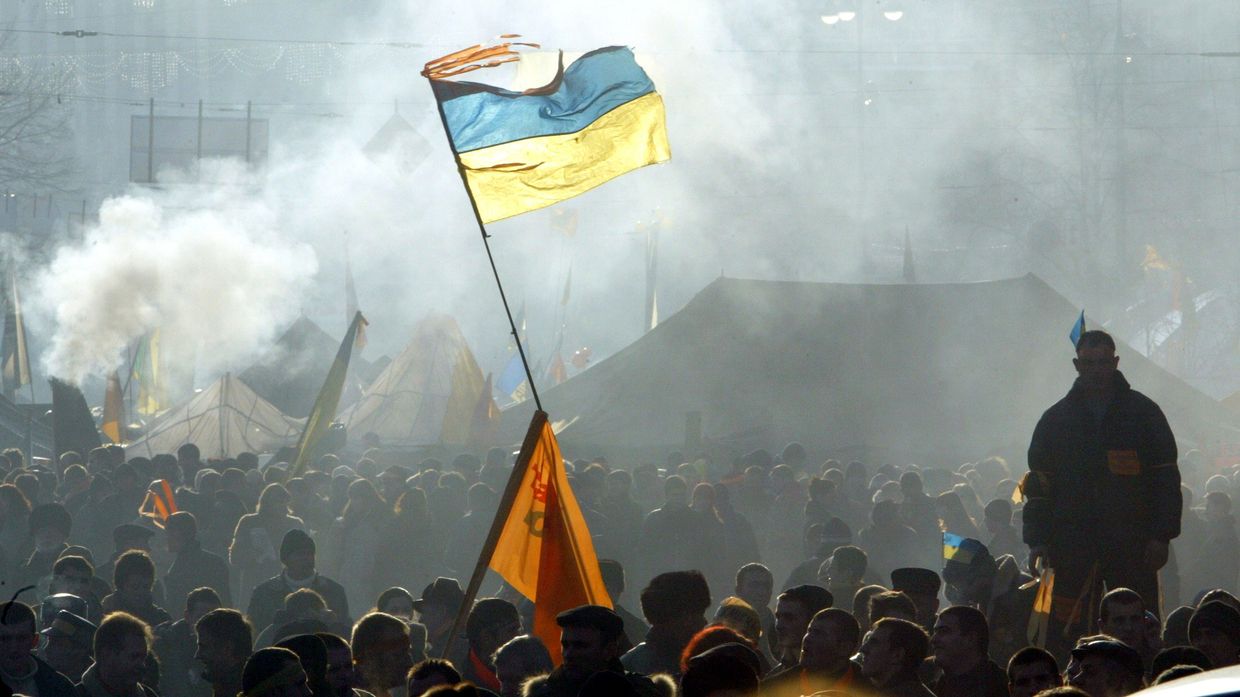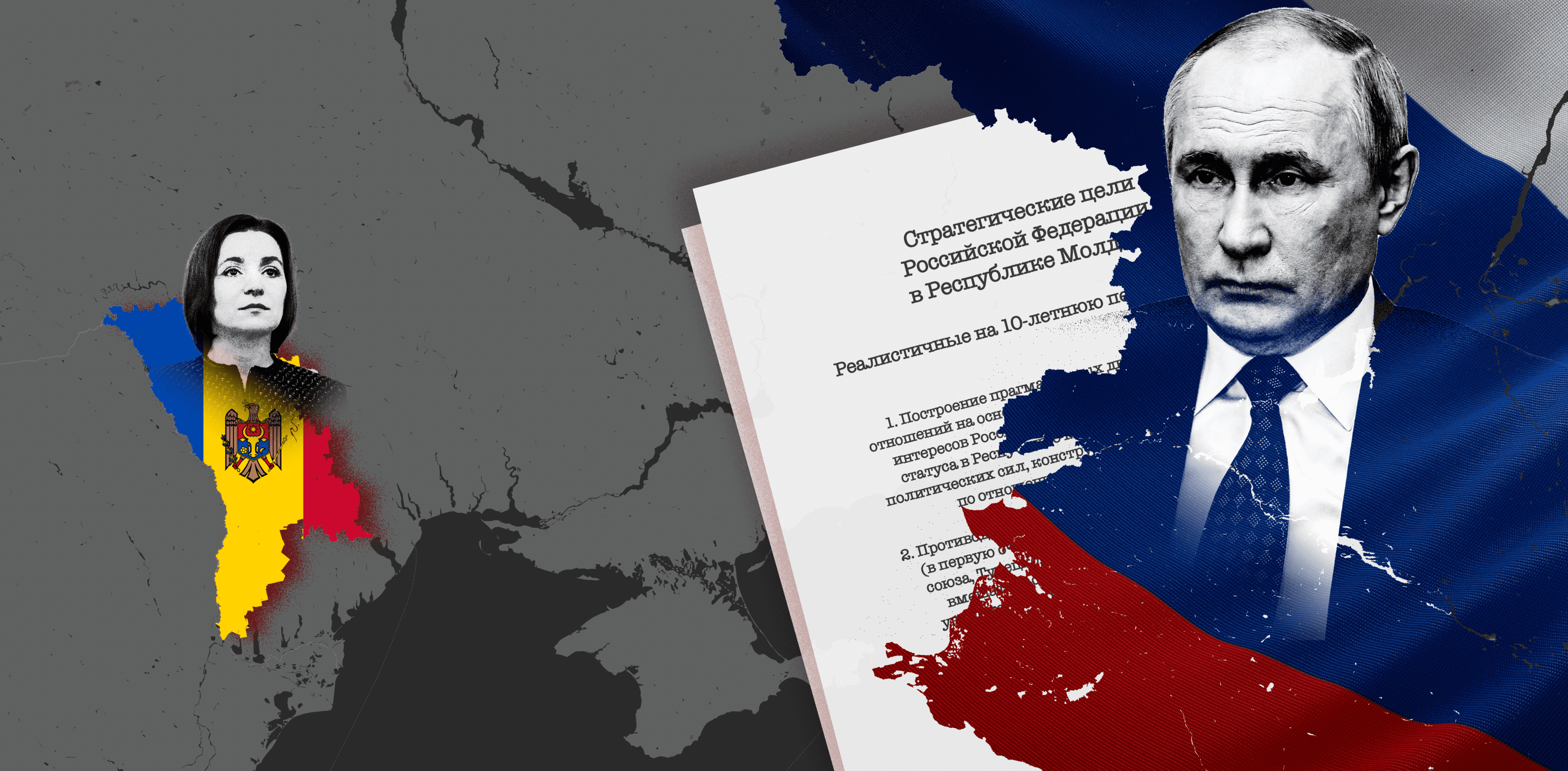Military intelligence: Russian officials, suspects in Ukraine involved in 'Maidan-3' destabilizing campaign

Russian presidential administration official Sergey Kiriyenko and Vladimir Putin's former advisor Vladislav Surkov are on the list of those involved in the "Maidan-3" destabilizing campaign aimed against Ukraine, a military intelligence spokesperson Andrii Yusov said on March 1 on national television.
President Volodymyr Zelensky publicly mentioned the "Maidan-3" campaign last November for the first time. Zelensky cited information from Ukrainian intelligence (HUR) and from Western countries.
Maidan refers to the 2014 EuroMaidan Revolution that led to the ousting of pro-Russian President Viktor Yanukovych, which culminated on Kyiv's Independence Square, known in Ukrainian as Maidan Nezalezhnosti.
The main goal of the "Maidan-3" plan is to divide Ukrainian society via disinformation, creating chaos in the state in order to remove the president by "any existing measures," Yusov said.
Yusov did not announce the complete list of those who participated in the "Maidan-3" campaign, but he said that "political traitors of Ukraine," along with Surkov and Kiriyenko, are on it.
Ukraine-based suspects could also be involved, according to Yusov.
"It does not mean that they agreed (to take part in the 'Maidan-3' campaign). The information is being checked," the military intelligence spokesperson added.
Yusov also told Radio Free Europe/Radio Liberty that Russia has already allocated $1.5 billion for its disinformation campaign, including $250 million for spreading pro-Russian narratives only in Telegram channels.
"Maidan-3" could reach its most active stage in the period from March to May 2024, according to the Security Service of Ukraine (SBU).
"In the next few weeks, an enemy will put its every effort into spreading narratives, which are destructive for international security, and to fuel the conflicts in Ukraine and in other parts of the world, where the effective support of Ukraine is present," the SBU said on Feb. 27.
The attention to the "Maidan-3" destabilizing campaign has been revitalized amid the upcoming formal end of Zelensky's presidential term.
None of the parliamentary parties had stood up for holding presidential elections during the full-scale invasion. The financing of any elections was not also provided in the 2024 Ukraine's state budget.













